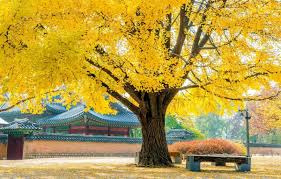
Using Lighting in Feng Shui to Improve Living and Work Spaces
Feng Shui, an ancient Chinese practice, is all about harmonizing human life with the environment. One of the fundamental elements of Feng Shui is light, a vital factor influencing the flow of energy or Chi in a space. The right use of lighting can enhance the energy in your home or workplace, fostering a more…














